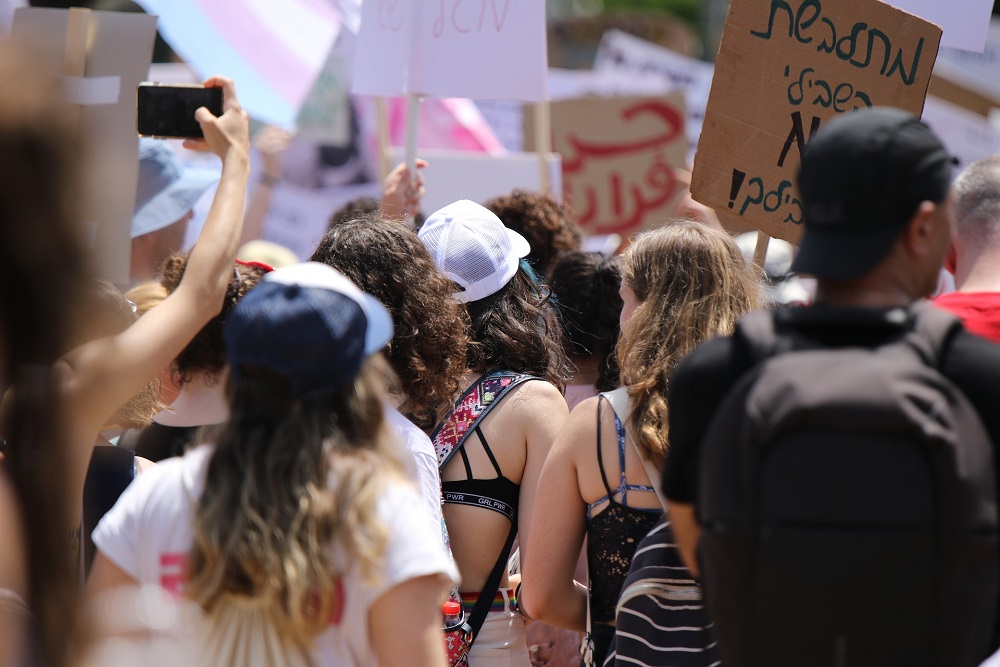Upon the discovery of being a beneficiary of the slave trade, Glasgow University has made a monumental pledge of raising and spending two million pounds (£20M) as a reparation.
As a result, this initiative has made this institution unique because it is the first one in the United Kingdom to make such a restorative fairness approach.
Glasgow’s exceptional center
The funds obtained will be instrumental in the development of Glasgow’s Caribbean Centre for Development Research in a span of twenty (20) years. Expressly, management will be done in collaboration with the University of the West Indies.
The center is expected to be exceptional as it will be co-located in the Caribbean and Glasgow. It will be pivotal in propelling research work as well as instigating awareness about slavery history, and the impact felt across the globe.
According to the University of the West Indies vice-chancellor, Prof. Sir Hillary Beckles, the decision made is both bold and morally historic because of the way the slavery attribute has been recognized.
The plan orchestrated by Glasgow University follows research it undertook about donations it attained in the 18th and 19th centuries. As a result, the findings linked most of the wealth to persons who were beneficiaries of slavery.
Nevertheless, the top management at the university stipulated that the institution did not possess enslaved persons. Moreover, it did not trade goods produced through slavery.
It has been estimated that the university attained an estimated sum as per present-day value from sixteen million and seven hundred million pounds (£16.7M) to one hundred and ninety-eight million pounds (£198m).
Glasgow donations built a campus
The donations received by the university between 1866 and 1880 were channeled towards building the institution’s present campus located at Gilmorehill.
The study undertaken by Glasgow University revealed that twenty-three (23) donors were financially linked to the slave trade.
Moreover, in the 18th century, Glasgow city was a haven of the sugar aristocracy and prominent tobacco lords who were associated with the slave trade.
Glasgow University has set a precedent on retracing back its history about how it benefitted from the slave trade and other educational institutions, such as Bristol and Cambridge Universities are following suit.
Universities are continuously making unique and bold moves as depicted by Glasgow University. Additionally, the University of Sheffield made one by establishing LGBT flats, and they have countered the stereotype they initially had.







